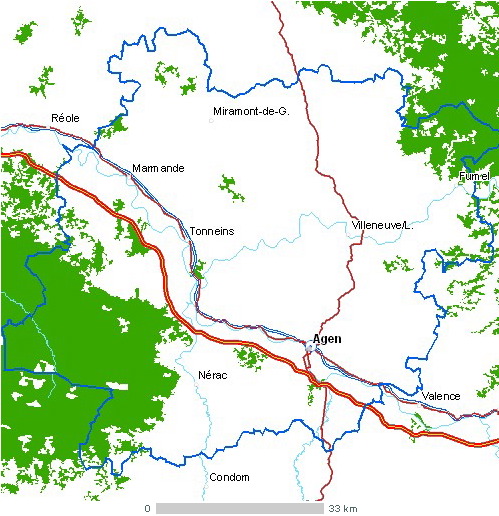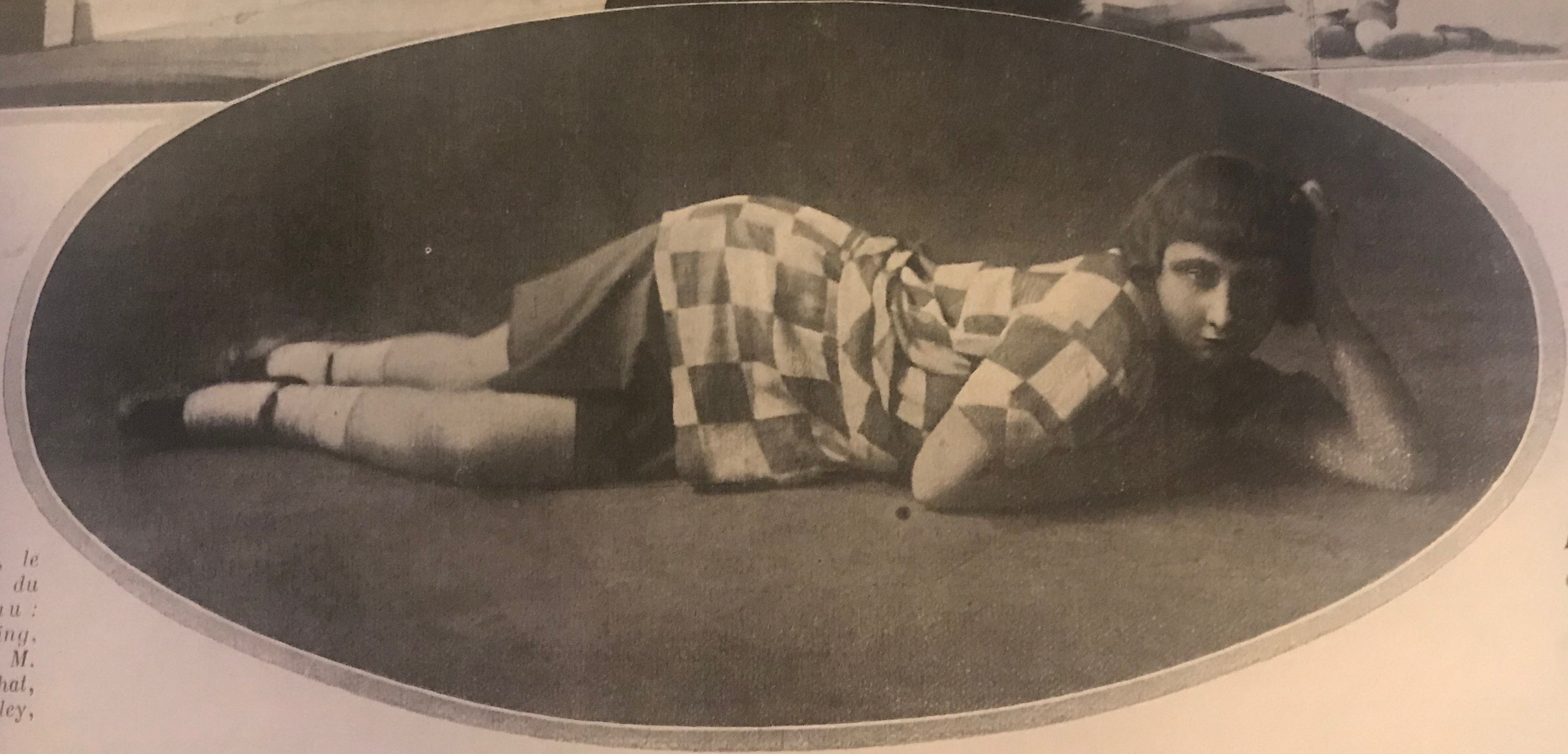|
Françoise Garner
Françoise Garner (17 October 1933 – 6 March 2024) was a French soprano who made an international career. She began as a coloratura soprano at the Opéra-Comique, in roles such as Lakmé by Delibes and Leïla in Bizet's ''Les Pêcheurs de perles''. She appeared from the 1970s at leading opera houses of Europe, more and more in lyric soprano roles such as Liu in Puccini's ''Turandot'' and Leonora in Verdi's '' Il trovatore''. She performed as Gounod's Marguerite at La Scala of Milan and as his Juliette in the Verona Arena, but was also, trained in Rome, one of few French singers who knew belcanto. Life and career Garner was born in Nérac, Lot-et-Garonne on 17 October 1933. Her maternal grandparents were merchants there. Her family left for Paris when she was five, but she regularly returned for vacation until age 20. During the summers there, she attended operas at the Théâtre de Verdure de La Garenne. She first studied musicology at the Conservatoire de Paris with Marce ... [...More Info...] [...Related Items...] OR: [Wikipedia] [Google] [Baidu] |
Lot-et-Garonne
Lot-et-Garonne (, ) is a department in the Nouvelle-Aquitaine region of Southwestern France. Named after the rivers Lot and Garonne, it had a population of 331,271 in 2019.Populations légales 2019: 47 Lot-et-Garonne INSEE Its prefecture and largest city is Agen. History Lot-et-Garonne is one of the original 83 departments created on 4 March 1790, as a result of the French Revolution. It was created from part of the province of[...More Info...] [...Related Items...] OR: [Wikipedia] [Google] [Baidu] |
Marcel Samuel-Rousseau
Marcel Auguste Louis Samuel-Rousseau (né Rousseau; 18 August 1882 – 11 June 1955) was a French composer, organist, and opera director.Griffiths & Langham Smith 1992. Life and career Born in Paris, he was the son of Samuel Rousseau and later changed his surname to Samuel-Rousseau to reflect this. He studied composition at the Paris Conservatoire and was awarded the Prix de Rome in 1905. He married on 4 March 1907 in the 9me arrondissement. He was the organist at Saint-Séverin from 1919 to 1922 and president of the Société des auteurs, compositeurs et éditeurs de musique (SACEM) from 1935 to 1953. For many years he was a professor of harmony at the Paris Conservatoire and artistic director of the Pathé opera company. He was the father of Prix de Rome laureate Éveline Plicque-Andréani. From 1941 to 1944 he was director of the Paris Opéra. He died in Paris in 1955, aged 72. Works As a composer, Samuel-Rousseau was highly influenced by the works of Franck and Fauré. He te ... [...More Info...] [...Related Items...] OR: [Wikipedia] [Google] [Baidu] |
Die Zauberflöte
''The Magic Flute'' (, ), K. 620, is an opera in two acts by Wolfgang Amadeus Mozart to a German libretto by Emanuel Schikaneder. It is a ''Singspiel'', a popular form that included both singing and spoken dialogue. The work premiered on 30 September 1791 at Schikaneder's theatre, the Freihaus-Theater auf der Wieden in Vienna, just two months before Mozart's death. It was Mozart's last opera. It was an outstanding success from its first performances, and remains a staple of the opera repertory. In the opera the Queen of the Night persuades Prince Tamino to rescue her daughter Pamina from captivity under the high priest Sarastro; instead, he learns the high ideals of Sarastro's community and seeks to join it. Separately, then together, Tamino and Pamina undergo severe trials of initiation, which end in triumph, with the Queen and her cohorts vanquished. The earthy Papageno, who accompanies Tamino on his quest, fails the trials completely but is rewarded anyway with the ... [...More Info...] [...Related Items...] OR: [Wikipedia] [Google] [Baidu] |
Jorge Lavelli
Jorge Lavelli (11 November 1932 – 9 October 2023) was an Argentine-born French theatre and opera director. He staged first plays and then opera, and in both fields, he was open to contemporary pieces without neglecting the classic repertoire. Lavelli was first recognised when he directed Witold Gombrowicz's '' The Marriage'' for a 1963 drama competition. He was head of the Théâtre national de la Colline in Paris from 1987 to 1996, focusing on 20th-century plays. As an opera director, he worked mainly for the Paris Opera and for leading opera houses and festivals internationally. His 1975 production of Gounod's ''Faust'' for Paris, set during World War I, was played until 2003. Life and career Jorge Lavelli was born in Buenos Aires on 11 November 1932 to parents who had immigrated from Italy. He moved to France in 1960, having received a scholarship from the National Fund for the Arts for classes at both the Charles Dullin school and the Jacques Lecoq school. Drama In ... [...More Info...] [...Related Items...] OR: [Wikipedia] [Google] [Baidu] |
L'Enfant Et Les Sortilèges
''L'enfant et les sortilèges: Fantaisie lyrique en deux parties'' (''The Child and the Spells: A Lyric Fantasy in Two Parts'') is an opera in one act, with music by Maurice Ravel to a libretto by Colette. It is Ravel's second opera, his first being '' L'heure espagnole''. Written from 1917 to 1925, ''L'enfant et les sortilèges'' was first performed in Monte Carlo in 1925 conducted by Victor de Sabata. After being offered the opportunity to write a musical work, Colette wrote the text in eight days. Several composers had proposed to Colette that she write to music, but she was only excited by the prospect of Ravel. Composition history During World War I, the Opéra de Paris director Jacques Rouché asked Colette, whom he met at one of Marguerite de Saint-Marceaux's salons, to provide the text for a fairy ballet. Colette originally wrote the story under the title ''Divertissements pour ma fille''. After Colette chose Ravel to set the text to music, a copy was sent to him i ... [...More Info...] [...Related Items...] OR: [Wikipedia] [Google] [Baidu] |
Le Comte Ory
''Le comte Ory'' (''Count Ory'') is a comic opera written by Gioachino Rossini in 1828. Some of the music originates from his opera ''Il viaggio a Reims'' written three years earlier for the coronation of Charles X. The French libretto was by Eugène Scribe and Charles-Gaspard Delestre-Poirson adapted from a comedy they had first written in 1817. The work is ostensibly a comic opera in that the story is humorous, even farcical. However, it was devised for the Opéra rather than for the Théâtre de l'Opéra-Comique and there are structural inconsistencies with the contemporary ''opéra comique'' genre: whereas the latter consists of relatively short lyrical numbers and spoken dialogue, ''Le comte Ory'' consists of "highly developed, even massive musical forms linked by accompanied recitative". Although the opera contains some of Rossini's most colorful orchestral writing, the quaint, brief overture is oddly restrained and unassuming, ending with a whisper of pizzicato strings. ... [...More Info...] [...Related Items...] OR: [Wikipedia] [Google] [Baidu] |


